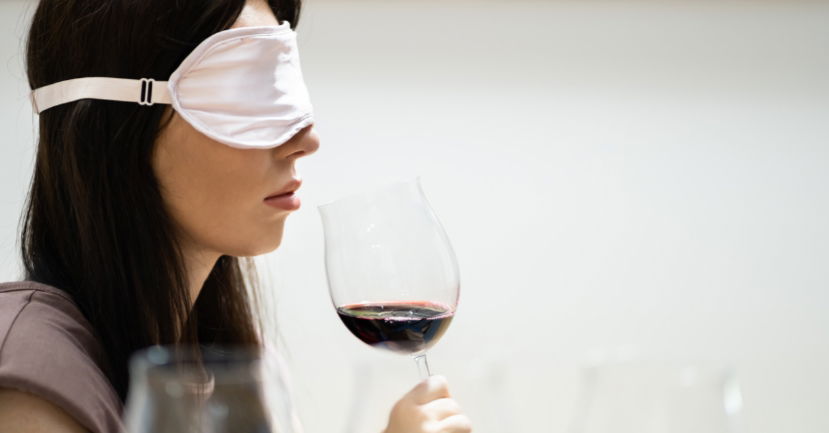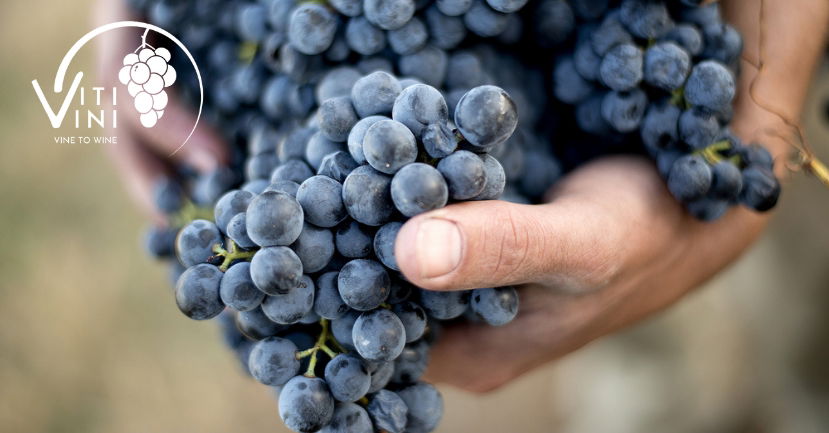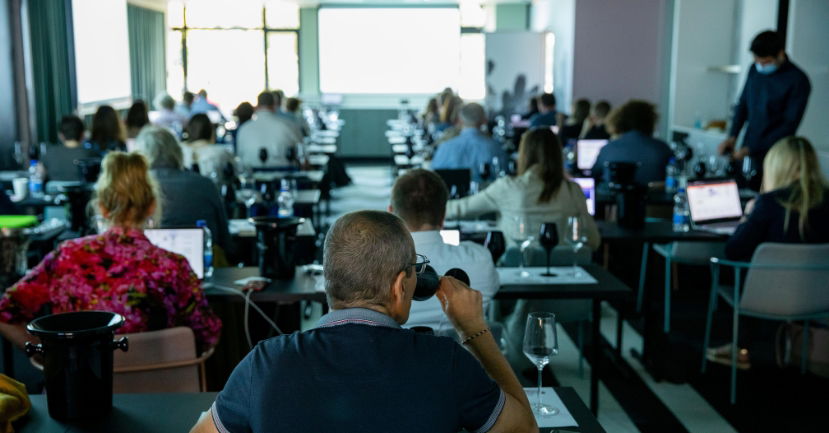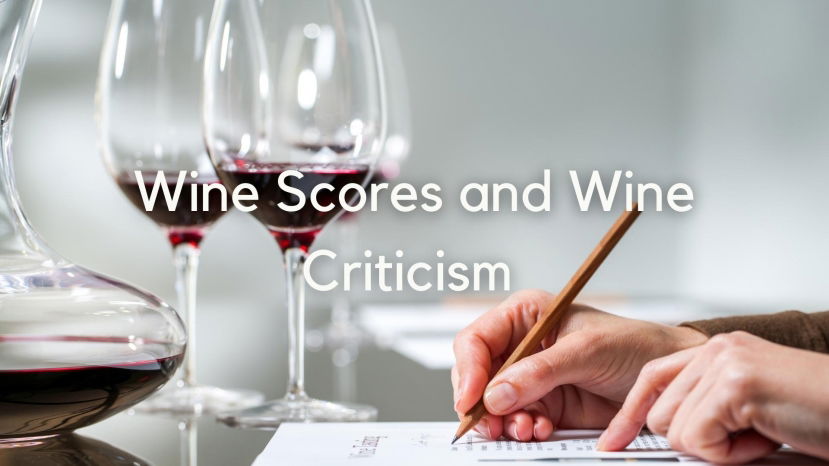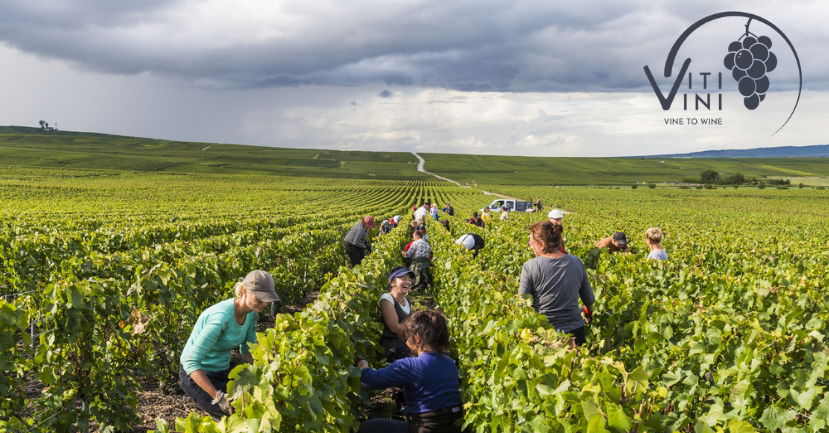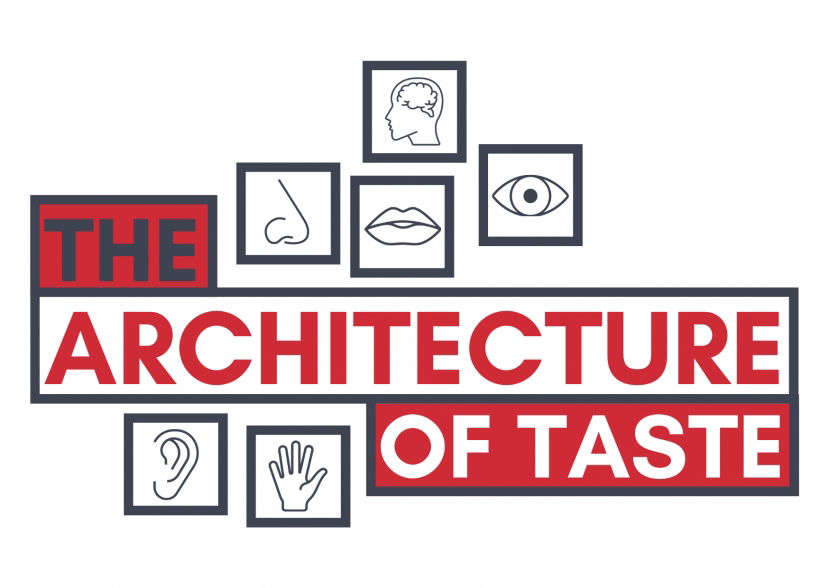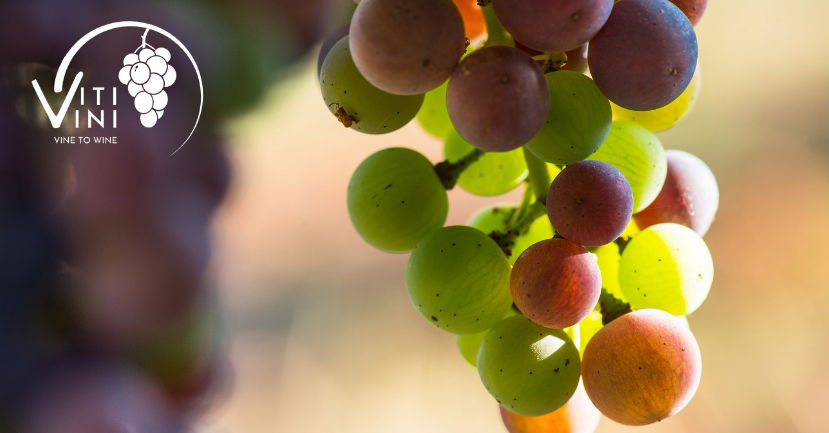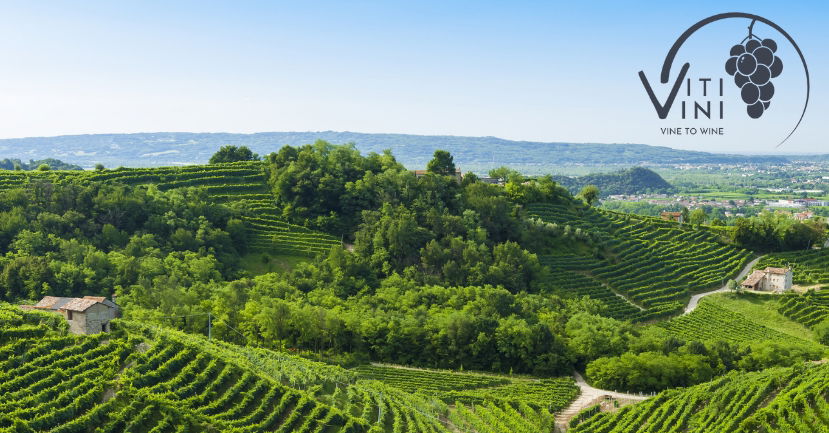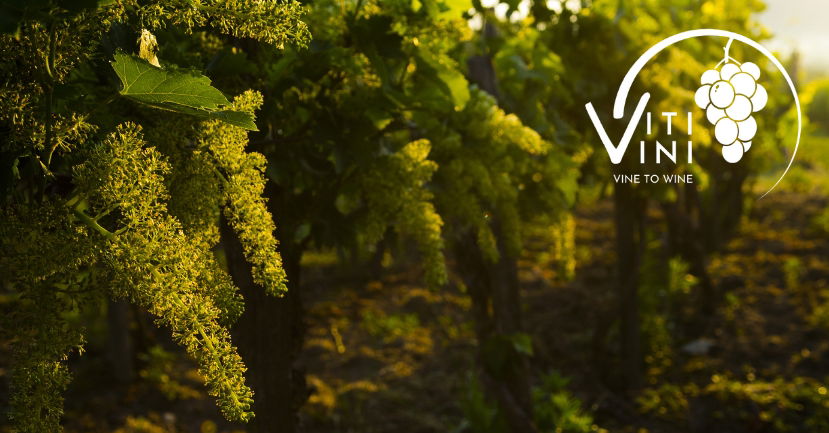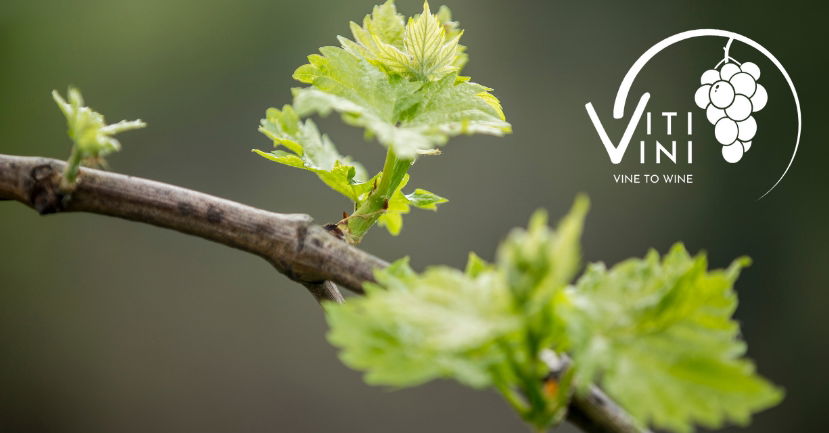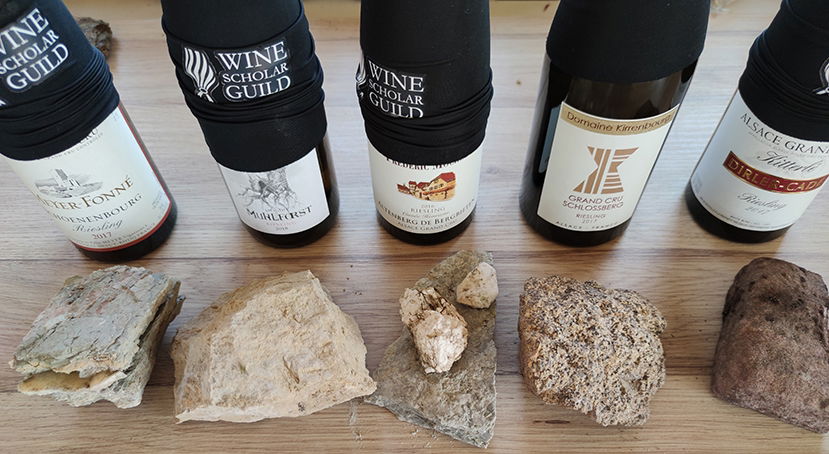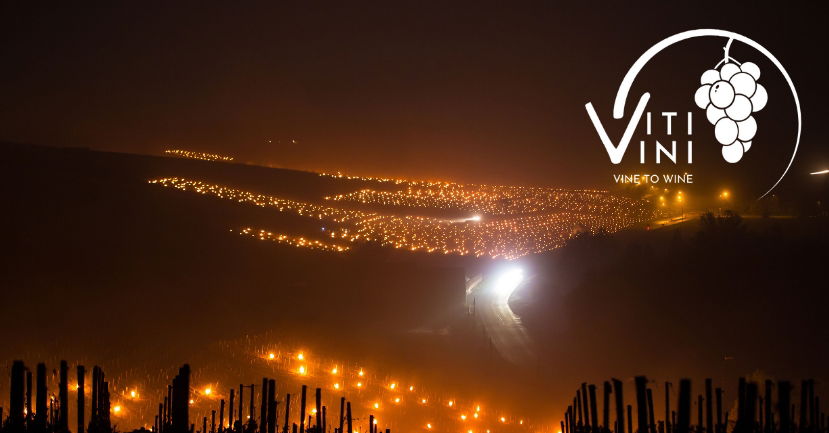BLOG
Blog
Gabriel Lepousez
Insights and Opinions
This article is the first of an upcoming series by French neuroscientist Gabriel Lepousez. Gabriel is part of the Scientific Committee formed by WSG in the context of its "Architecture of Taste Research Project". He has also presented a fascinating segment on "The Neuroscience of Wine Tasting" as...
Nova Cadamatre MW
Wine Fundamentals
In October, most areas of the northern hemisphere are in harvest and going full out! Many white varieties finish in early October. Although some reds (particularly early-ripening Pinot Noir) may have started harvest in September, generally, October is the month when most red varieties are picked....
Julien Camus
Insights and Opinions
On the 6th of September 2021, Wine Scholar Guild hosted the first large-scale blind-tasting panel as part of its recently announced The Architecture of Taste Research Project. Hosted at the Bristol Hotel in Colmar, Alsace, this panel tasting launched WSG’s research on the tactile and geosensorial...
Kevin Day
Insights and Opinions
It is a regular occurrence, even for the most accomplished wine aficionado: a loss of words to describe exactly what’s going on in the glass. Try as we might, the language of wine will always be a tricky landscape to navigate. But, as educators and students of wine, it is a necessity. Whether...
Nova Cadamatre MW
Wine Fundamentals
Now that fall has arrived, winemakers turn their attention to the harvest. In most of the northern hemisphere, harvest usually begins by the middle of this month, if not earlier. It is an exciting time. The culmination of all the hard work in the vineyards is realized in the moments the grapes are...
Lisa Airey
Latest News
The Wine Scholar Guild (WSG) has initiated an ambitious undertaking aimed at developing a new way to assess wine: the Architecture of Taste Research Project (ATRP) The Architecture of Taste Research Project aspires to find a way to empower the individual to taste and describe wine with an enriched...
Nova Cadamatre MW
Wine Fundamentals
August is the calm before the harvest storm. Vegetative growth has slowed considerably and, in some climates, stopped completely due to water stress. The vine now turns its efforts to ripening the fruit that it has developed earlier in the season. Although the berries are close to their final...
Nova Cadamatre MW
Wine Fundamentals
By July, the period of rapid shoot growth is over. The vine has now created all the leaves needed to ripen its fruit. In wet climates, shoot growth may continue but at a much slower pace. In dry climates, shoot growth stops completely. In very dry areas, the tendrils on the shoot can even dry out...
Nova Cadamatre MW
Wine Fundamentals
June is a time of great change in the vineyard. At the beginning of the month, the vines have short shoots with berries that have just set. By the end of the month, the shoots are almost fully grown and have discernable clusters. This is a period of rapid cell division for the berries. With regard...
Nova Cadamatre MW
Wine Fundamentals
After frost season, bloom (flowering) is the first real milestone of the vintage. Harvest follows approximately 100 days after this event. Now that the growing season is in full swing, weather has real repercussions for how the vintage shapes up. Grapevines have what are known as “perfect...
Julien Camus
Insights and Opinions
Is a wine horizontal or vertical? Square or round? Hollow or dense? Relaxed or tensed? Grainy or smooth? This is a small sample of GeoSensorial Tasting vocabulary — a method that seeks to empower the taster to feel, interpret and give voice to wines of place. By focusing on mouthfeel and...
Nova Cadamatre MW
Wine Fundamentals
With warmer weather, bud break comes quickly. The tiny buds swell and then quickly reveal small, fuzzy, green leaves as the shoot primordia begin to elongate. These shoot primordia will become fully developed shoots over the next few weeks! Although the exact timing of bud break varies from...
Pierre Freyermuth
Ripeness and Balance with Andrew Jefford and Julia Harding MW
KD: Let’s zero in on alcohol, because — unlike pH or tannin — it is a data-point on every wine label, and one of the only technical clues on a wine label that can offer insight into the balance of the product. What can consumers and wine students glean from reading this number on the label?...
Pierre Freyermuth
Ripeness and Balance with Andrew Jefford and Julia Harding MW
KD: One of the key words we hear a lot about in the wine industry — both from wine professionals and winemakers — is a desire for “freshness” in a wine. It is a rather nebulous term (and hard to argue: who doesn’t want freshness?) but is there something to it? Have wine styles shifted toward more...
Pierre Freyermuth
Ripeness and Balance with Andrew Jefford and Julia Harding MW
KD: I want to circle back to this issue of personal taste, Julia. Do you feel that writers and educators have an obligation to at least disclose these personal taste sensitivities to their readers or students, so that descriptors of wine are seen through a lens of experience instead of something...
Pierre Freyermuth
Ripeness and Balance with Andrew Jefford and Julia Harding MW
KD: Let’s shift gears a bit. I can see how a consumer or new student of wine could easily confuse “moderate” or “medium” elements in a wine as “balance.” I know I struggled with that early on! But certainly a high-tannin or high-acidity wine, or a low-alcohol or high-alcohol wine, could still be...
Pierre Freyermuth
Ripeness and Balance with Andrew Jefford and Julia Harding MW
KD: The fulcrum analogy is a perfect visualization of it, Julia. Thank you. On to our last topic. As wine writers, we always get a front-row seat to the generational battle over ripeness, and in the age of climate change, that battle has become even more accentuated. I think of a recent trip to...
Pierre Freyermuth
Ripeness and Balance with Andrew Jefford and Julia Harding MW
KD: So much of this conversation — balance, freshness, alcohol content, etc. — stems from when the grapes are harvested. My question has to do with ripeness, because the ultimate outcome of a wine’s composition often stems from when and how the winemaker harvests the grapes. However, it means...
Pierre Freyermuth
Ripeness and Balance with Andrew Jefford and Julia Harding MW
KD: Andrew, how do you discern balance when you are tasting wines? Do you have any tips? How much of it is a feeling? AJ: The first thing to say here is that I strongly believe that the key to finding and understanding balance in a wine becomes apparent as you drink a wine, rather than when you...
Pierre Freyermuth
Ripeness and Balance with Andrew Jefford and Julia Harding MW
KD: You touched upon this a moment ago, Andrew, but currently, lower alcohol wines are in vogue within many circles of the wine industry, and among consumers. Within other circles, so-called “Parker” wines — a style predicated on boldness, richness and amplified tones — remain the driving force....

